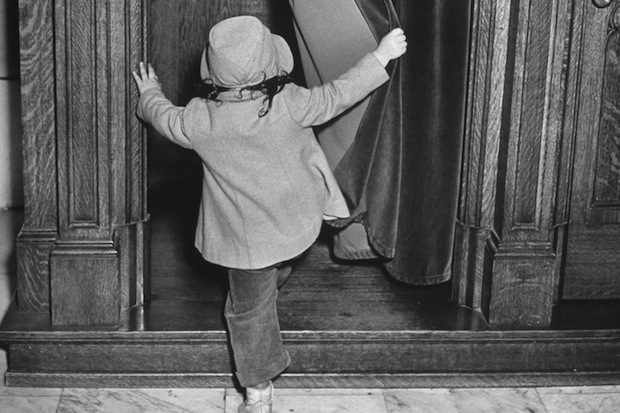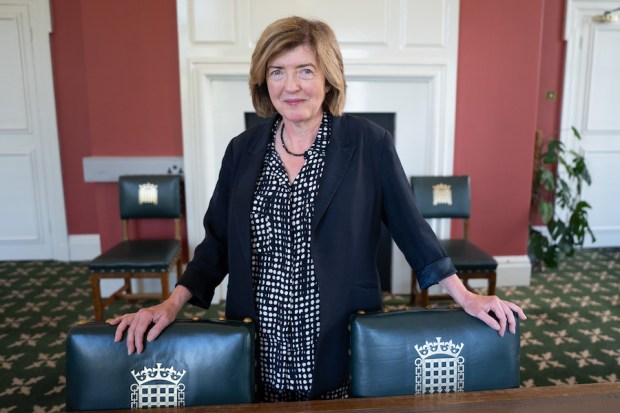For non-Catholics, the most luridly fascinating aspect of Catholicism is confession. Telling your inmost sins — and we know what they are — to a male cleric, eh? In a darkened booth. How medieval is that?
Well, the fantasies that people who never go to confession nurse about it are about to be shored up by a new book on the subject by the Catholic author John Cornwell.
Already a subscriber? Log in
Subscribe for just $2 a week
Try a month of The Spectator Australia absolutely free and without commitment. Not only that but – if you choose to continue – you’ll pay just $2 a week for your first year.
- Unlimited access to spectator.com.au and app
- The weekly edition on the Spectator Australia app
- Spectator podcasts and newsletters
- Full access to spectator.co.uk
Or
Unlock this article
You might disagree with half of it, but you’ll enjoy reading all of it. Try your first month for free, then just $2 a week for the remainder of your first year.













Comments
Don't miss out
Join the conversation with other Spectator Australia readers. Subscribe to leave a comment.
SUBSCRIBEAlready a subscriber? Log in